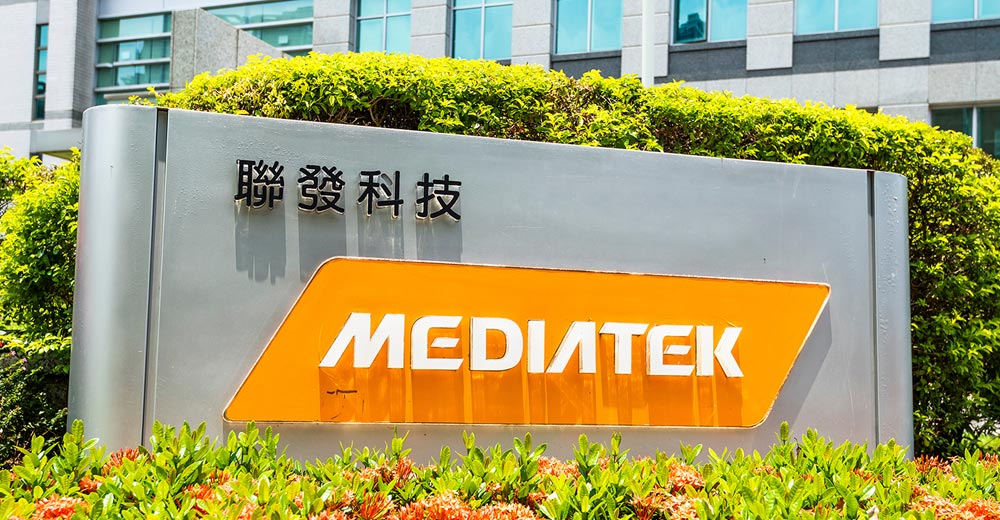During the same week it was sued by irate investors over progress moving its customer base to the cloud, Oracle protested a procurement process for the Joint Enterprise Defense Infrastructure, or JEDI, according to The Washington Post.
The lawsuit will take a long time to resolve, and it’s difficult to see how the plaintiffs can prove their case — but in comparison, the Department of Defense’s procurement will run at light speed.
Oracle’s primary beef with the government seems to be the winner-take-all nature of the procurement, which could be worth US$10 billion.
It’s never good to see a company involved in excessive amounts of litigation that are orthogonal to its primary business, which in this case is developing software and supporting enterprise customers. However, the stakes are high with that much money on the table, and there are some reasons for the protest that are worth considering.
Oracle and other vendors, like Microsoft, appear to be upset that a single vendor, presumably Amazon, is best positioned to capture the contract, which would leave the rest out in the cold. So we’re seeing a protest about the award even before it is made.
The emphasis in this dispute might be on the wrong thing, but to know this you’d have to look at the long history of government sponsorship of the tech sector and consider where it’s all going. On that scale, the $10 billion might seem small change.
CIA Connection
Larry Ellison founder, former CEO and current CTO of Oracle, on numerous occasions has told audiences that one of the company’s first customers was the CIA. The agency needed a better way to store and search its data, and the potential of the relational database made it a worthwhile platform for experimentation compared to the flat file systems on offer elsewhere.
It was a lucky break, and if the government hadn’t taken a chance on Oracle, some other big company would have, because the state of data storage was at a crisis point in the 1970s. There was too much data, and the existing tools weren’t adequate. Almost sounds like today, doesn’t it?
Oracle’s gig with the CIA isn’t an isolated case. In the post-war period, the Defense Department alone spent lavishly on research projects that resulted in much of the hardware and software we use today. Government bought everything from flight simulators, to computers and storage devices, to all kinds of software for defense and many other areas.
Many people are aware that DARPA, the Defense Advanced Research Projects Agency, initiated the project that supported the early effort to develop the Internet, for instance.
DARPA’s mission statement is “to make pivotal investments in breakthrough technologies for national security.” Sounds reasonable. You might wonder how the Internet could be essential to national security, but recall that it is a network that won’t go down when individual nodes crash as they might in a hostile attack on a country. Whatever you think about the Internet and some of DARPA’s other investments, we might be at a similar point today with the JEDI acquisition.
Islands in the Cloud
Because JEDI deals with real-time day to day operations in the Defense Department, it would be an inappropriate project for R&D experimentation, but we’re not at that point. Cloud computing is well understood by all of the participants in the JEDI process, and any R&D would be of the applied variety rather than primary research.
Nonetheless, JEDI highlights the need for a new round of research and development in IT so that cloud IT could become more like a fully interoperable utility than a set of vendor islands. Various integration providers have been working out some of the ideas needed to do this, and it likely will involve lots of metadata and APIs, but it’s a doable thing.
The biggest incentive might be the JEDI procurement, not because it would serve as a development platform, but because it concretely shows the vendors involved that it’s time to come together to develop the necessary interoperability, so that none of them has to be shut out of a winner-take-all deal again.
From this perspective, protesting the procurement process seems too little too late. Once the award is announced, the remaining vendors ought to begin the process of standardizing the cloud utility, or whatever they want to call it. Interestingly, a completely analogous process resulted in the SQL and relational database standards, so there’s a strong precedent.
It won’t be easy, there will have to be new standards — probably a standards setting board and all that goes with it. This necessarily also means that some vendor application level secret sauces will be commoditized, and vendors will be forced to compete at new levels with different differentiators.
That’s all right. It shows that despite all the automation and commoditization already on display in IT, this is still a thriving market and one that modern life vitally depends on. So think of JEDI as a canary in a coal mine, and look to the new opportunities it represents.
























































Social CRM
See all Social CRM